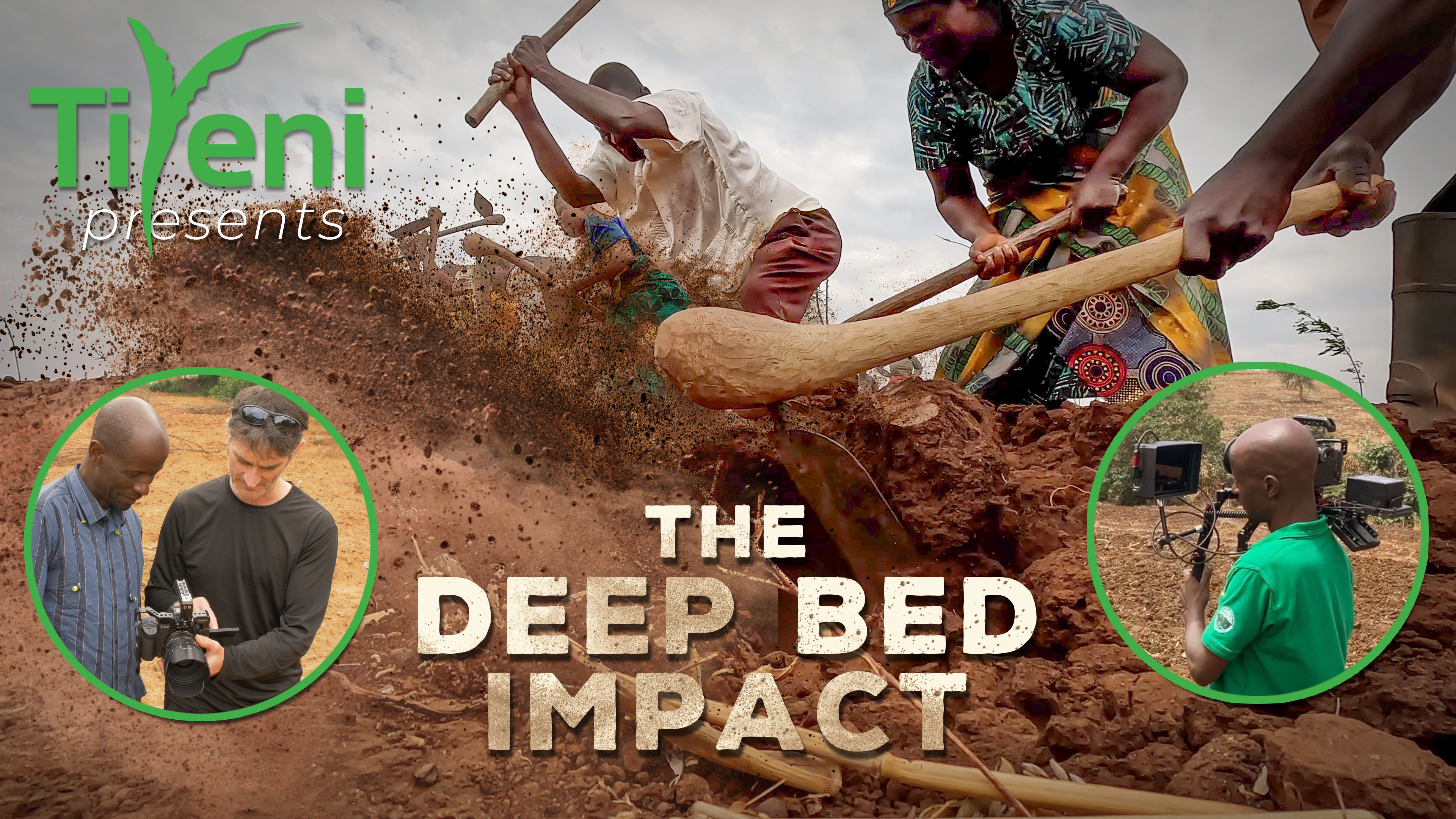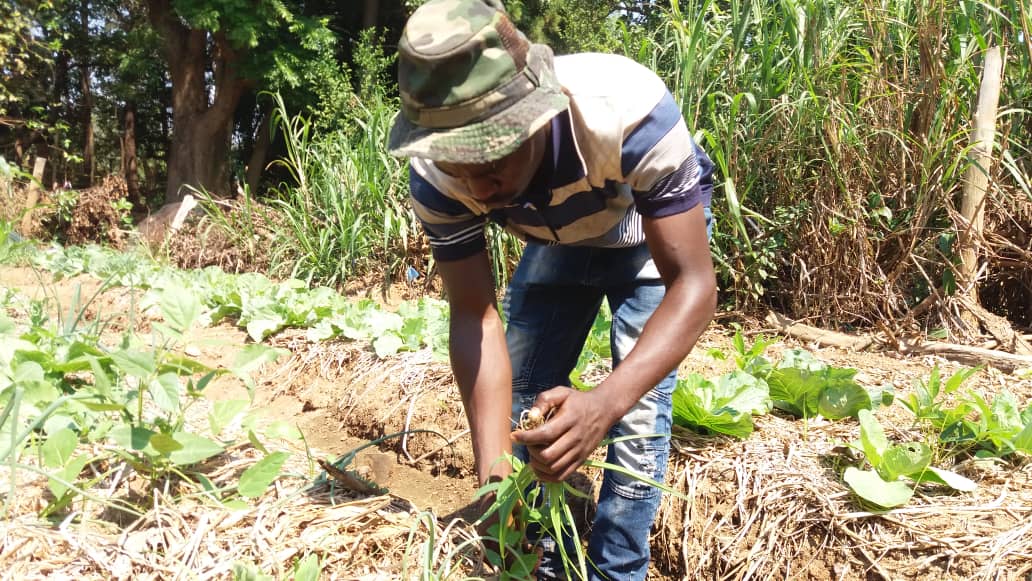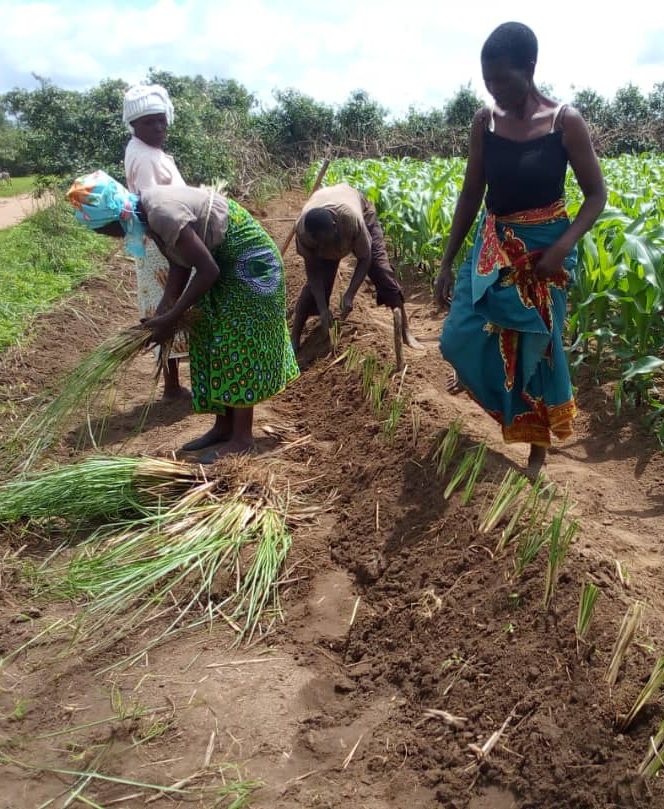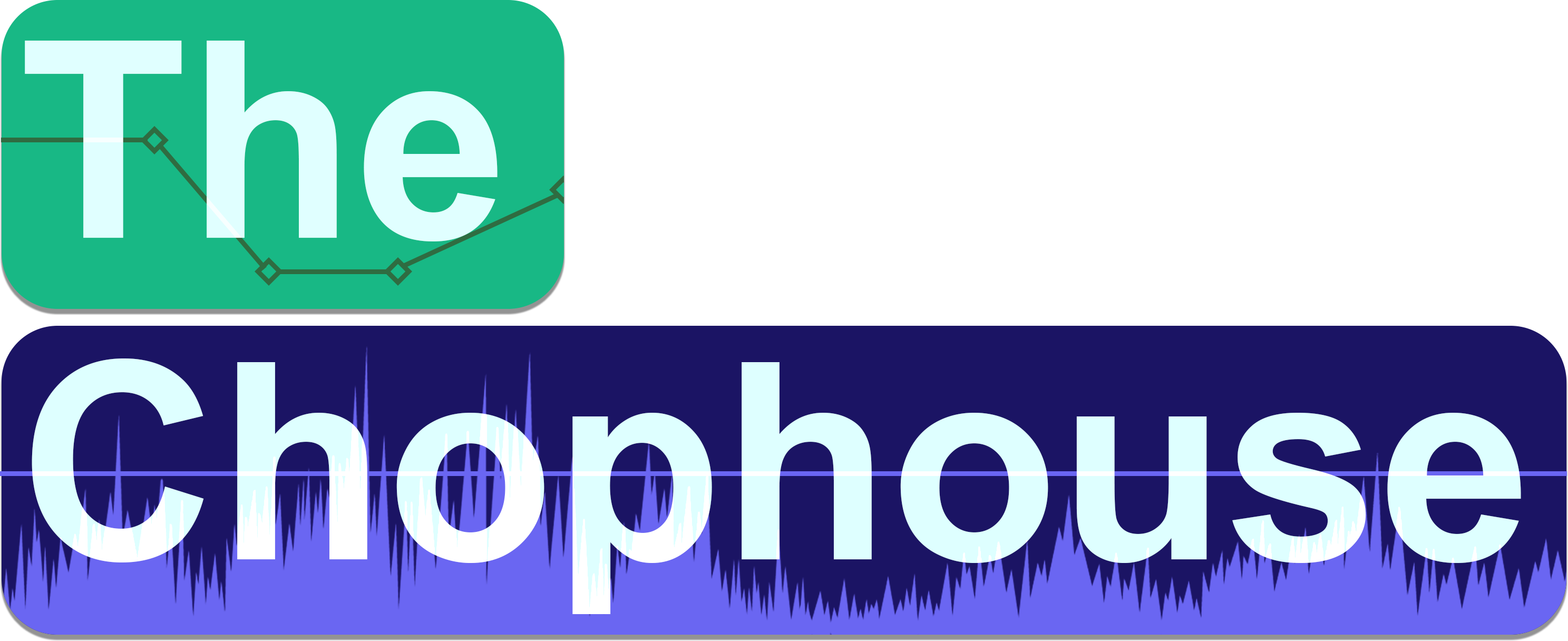
I’m John Ellis, an editor at The Chophouse, and for the last few years I’ve been involved in a project for Dr. Elaine Ingham’s Soil Food Web School, where I got acquainted with Colin Andrews at Tiyeni. Colin was the presenter in a series of videos on Deep Bed Farming (DBF).
Colin and I haven’t met in person, but through the editing process I’ve learned a lot about Tiyeni and their passion for helping Malawi farmers. Tiyeni’s work is driven by Malawians teaching Malawi farmers, and it’s transforming their lives by increasing yields and profitability with deep bed techniques.
The Documentary Begins
While I was busy editing coursework, Chophouse “man of many hats”, Ashley Terry was busy talking to Tiyeni about producing a documentary to highlight their success. And now… it’s happening.
Malawi’s agricultural challenges are immense. Its population faces soil degradation, food insecurity, and the impacts of climate change. Tiyeni’s Deep Bed Farming (DBF) offers a sustainable solution.
After months of planning, Ash is heading to Malawi. He leaves from Portland, Oregon, on Monday, October 7th, and will arrive in Malawi on the 9th. Over the next 10 days, he’ll be filming across various locations, capturing Tiyeni’s training in action and interviewing farmers about their success with Deep Bed Farming. These farmers, many of whom struggled to feed their families, now grow enough food not only for themselves but also for surplus income.

Above: Malawi Farmer Eddie Nyamwela weeding his Deep Bed field.
The Process of Deep Bed Farming
DBF involves first using a pickaxe to break up hard compacted layers of earth several inches under the ground, which are prevalent across large areas of Malawi.
Breaking the hard pan allows roots, water and air to penetrate more deeply underground, and helps the soil retain moisture long after the rains, instead of running off immediately after rainfall and causing devastating soil erosion.
To this (already transformational) method Tiyeni teaches other healthy farming practices, such as good composting, cover crops, mulching, contour planting and crop rotation. Whereas artificial fertilizer may feed the plants, Tiyeni’s methods nurture the soils.
Once the hard pan has been opened with the pickaxe, the Deep Bed method means that the soil is never trodden again. This prevents the compacted layer from re-forming, so the gains are preserved and even reinforced over time, as healthy organic soils steadily develop. DBF then becomes a highly effective and sustainable form of climate-friendly Conservation Agriculture, with minimal or zero tillage.
What makes Deep Bed Farming even more useful is that it requires very little in terms of resources—no expensive machinery or inputs. It’s a solution that local farmers can adopt and share, creating a ripple effect across entire communities.
Our Role and the Crowdfund
Our job at The Chophouse is to capture the full impact of Tiyeni’s work, not just to highlight the individual stories but also to raise awareness and funding. The documentary will serve as a vehicle to inspire more people to support Tiyeni’s efforts and help expand their reach even further.
To help cover some production and distribution costs we’ve started a crowdfund on Indiegogo.
Looking Ahead
This blog series will take you along for the journey as we document Tiyeni’s work in Malawi. We’ll share the process of production and behind-the-scenes challenges.
Learn more on the crowdfunding page.

Malawi Farmers planting vetiver grass in deep beds.
